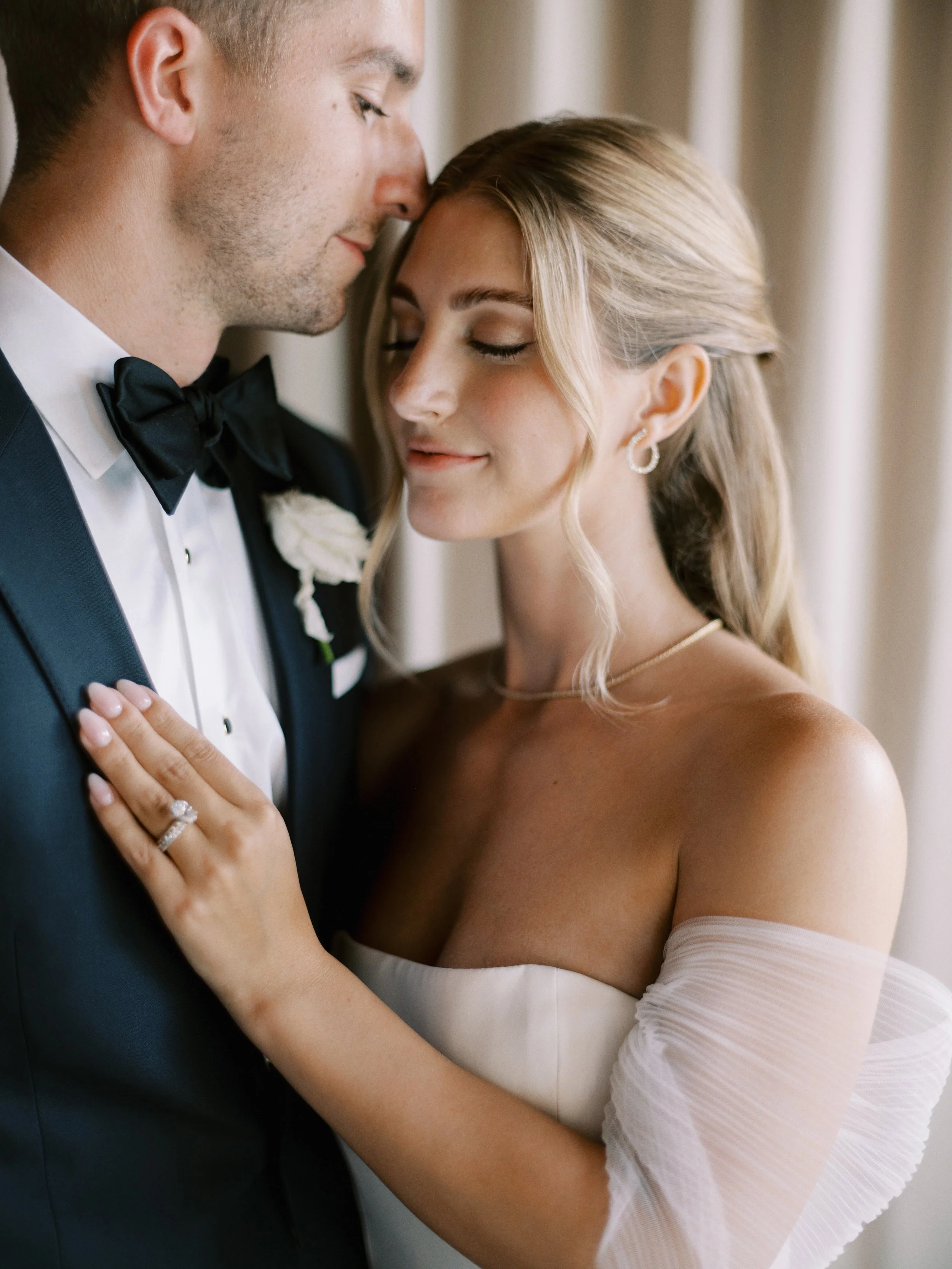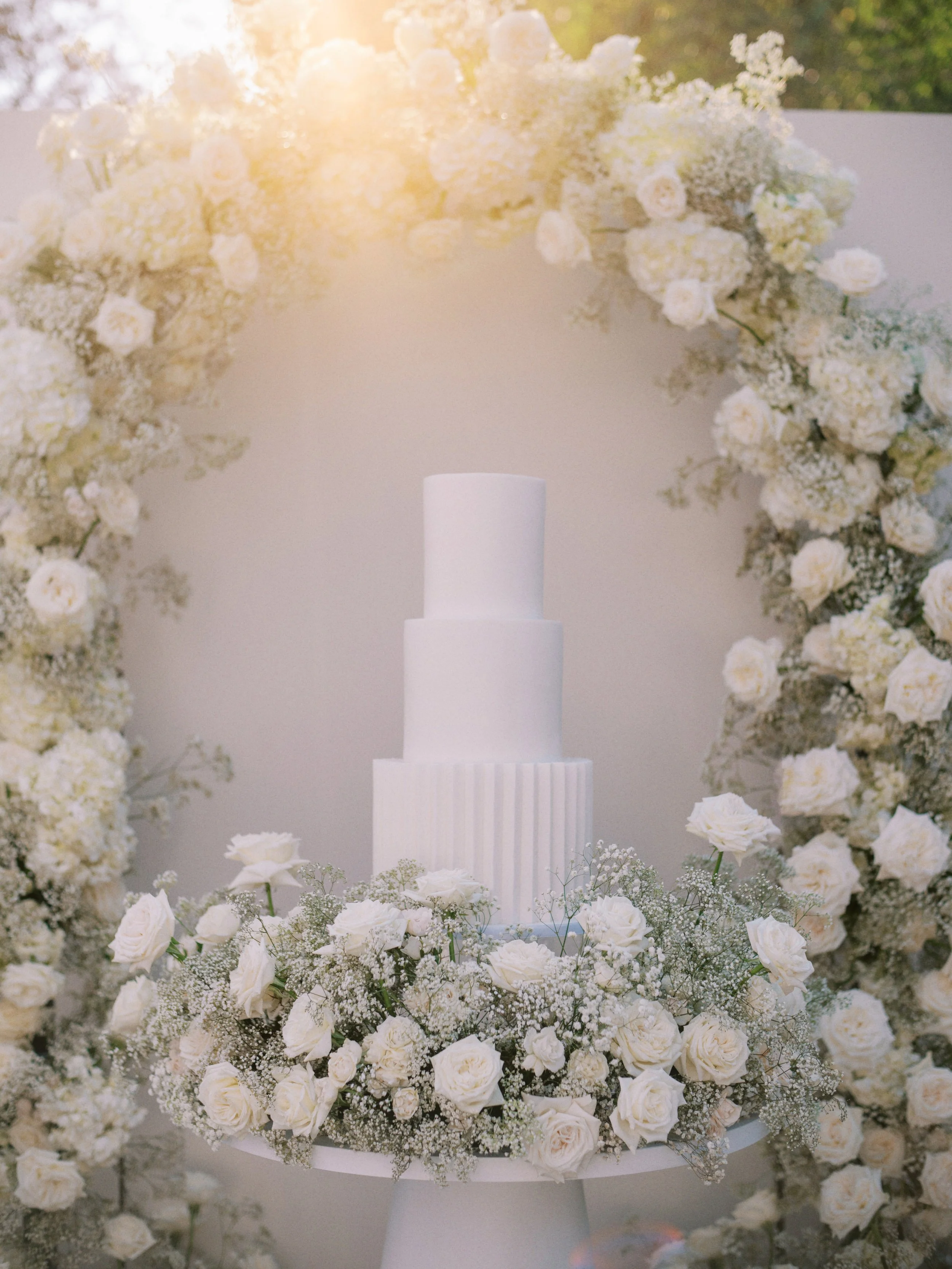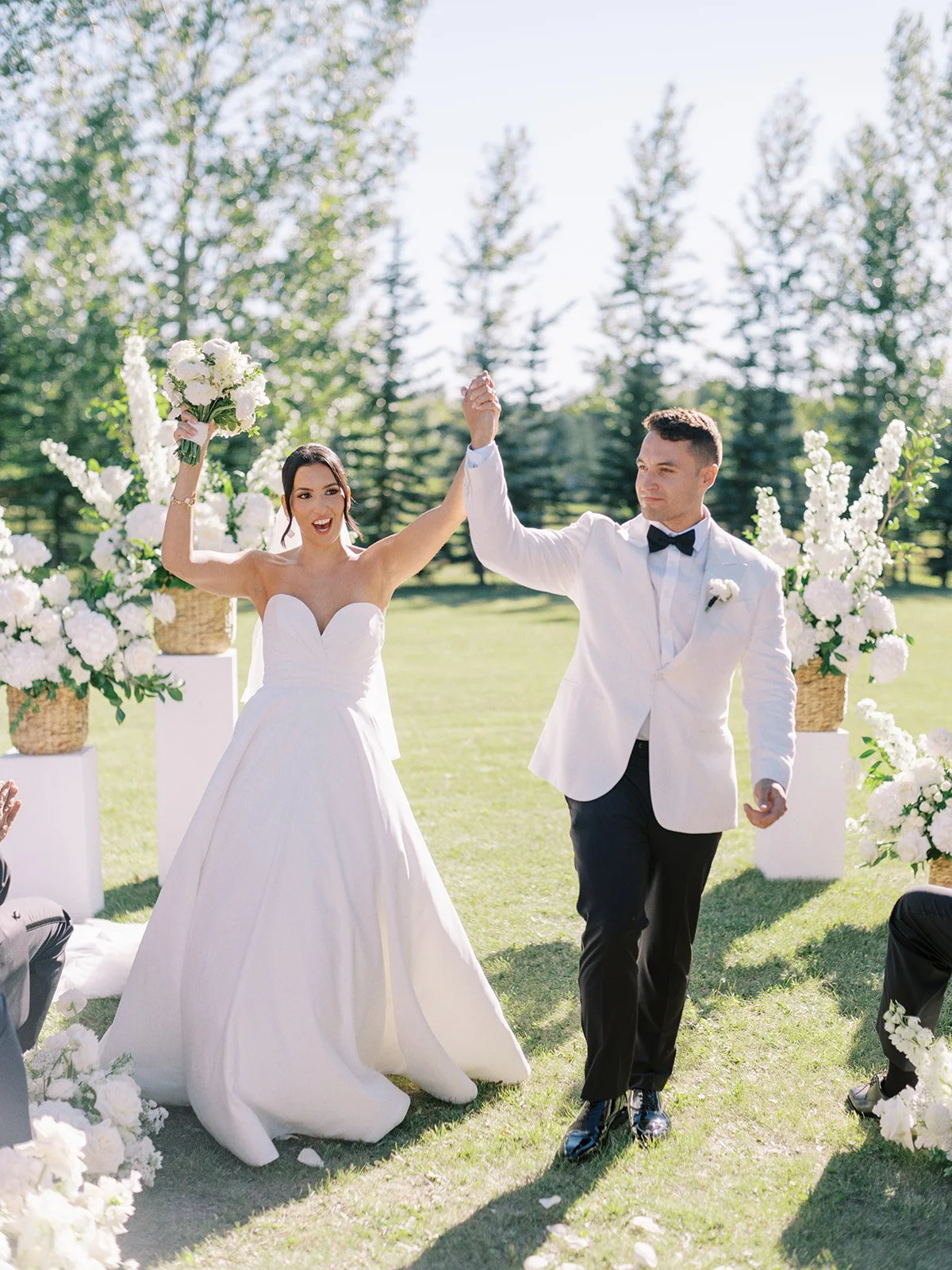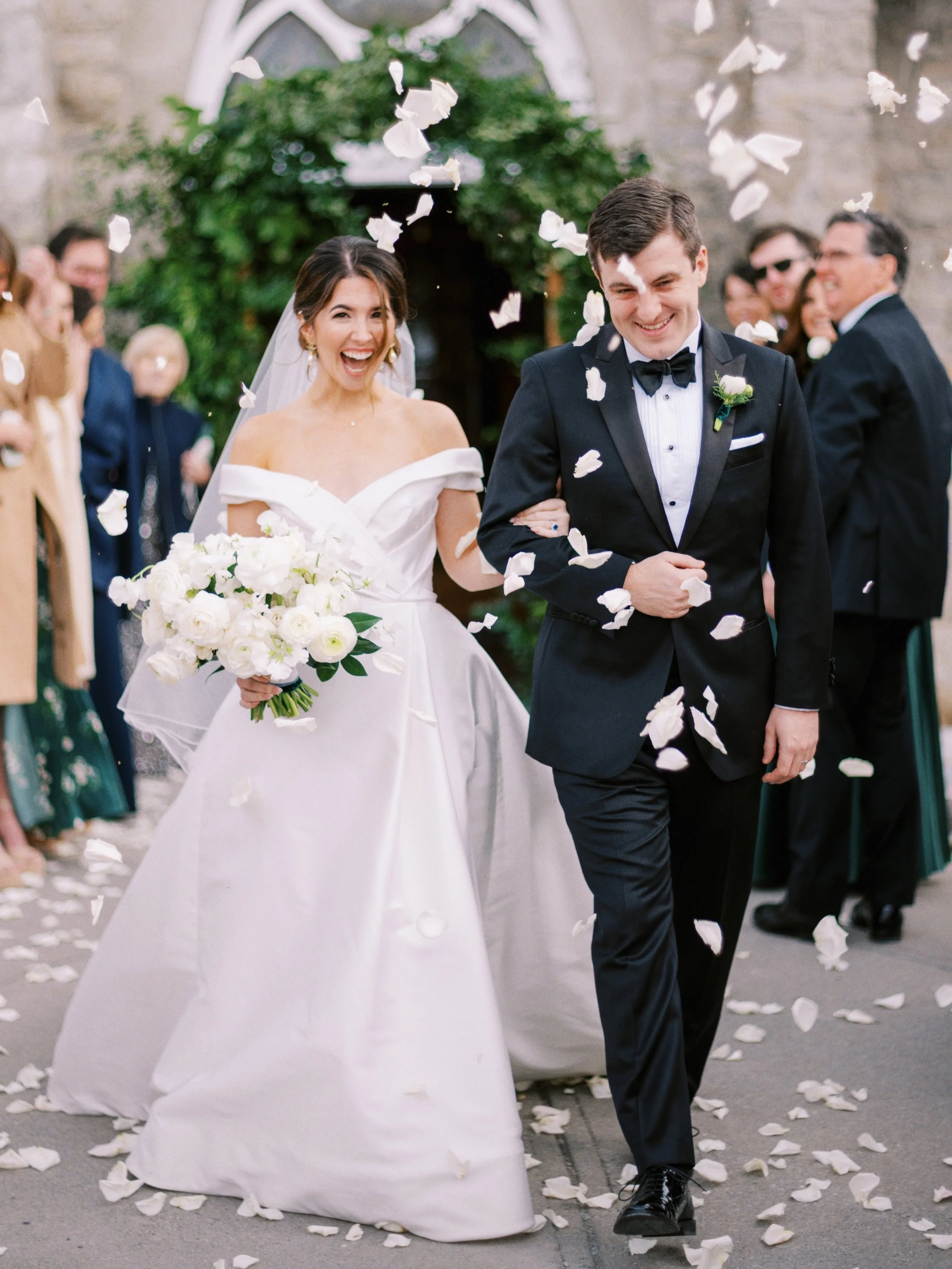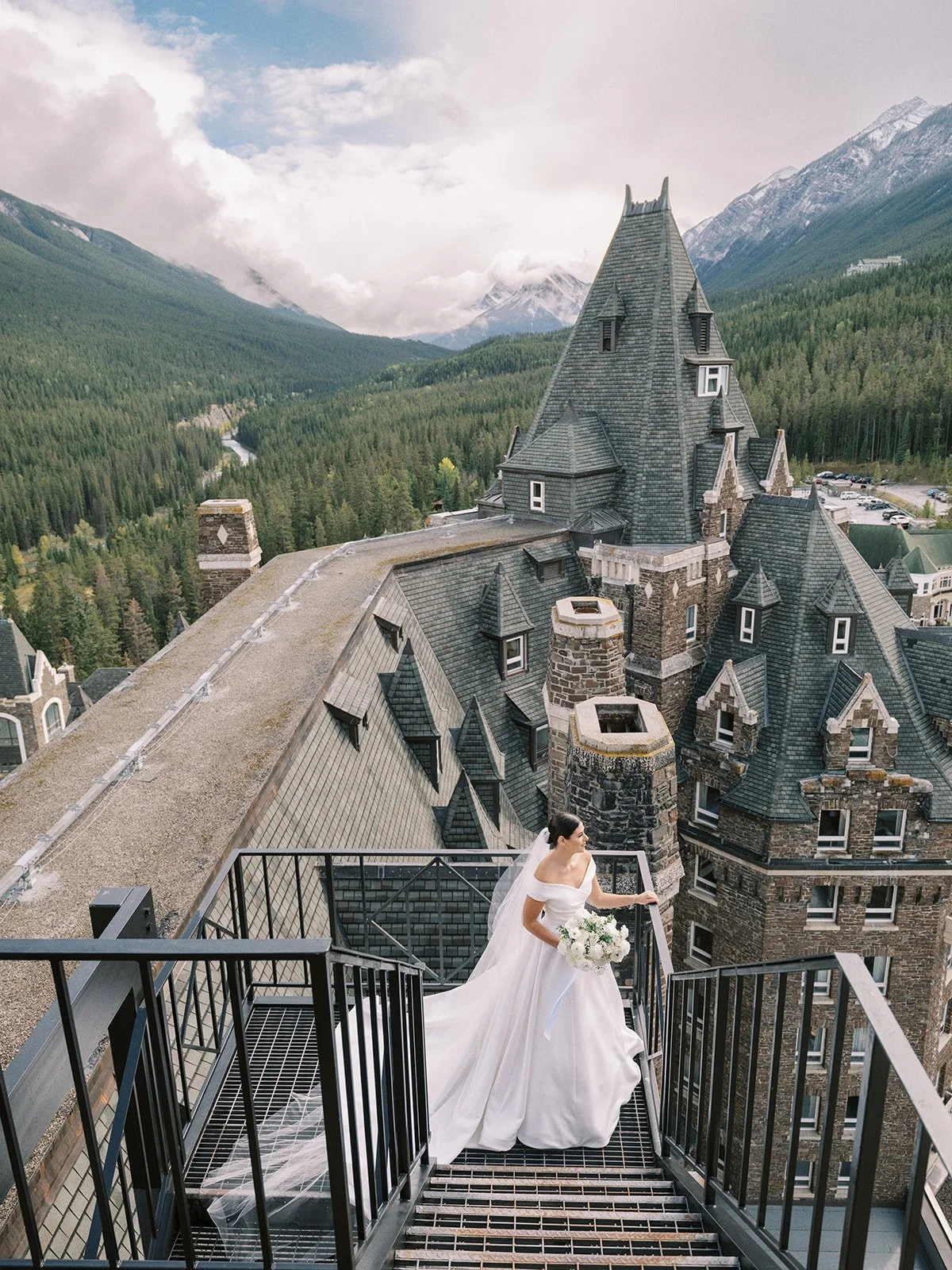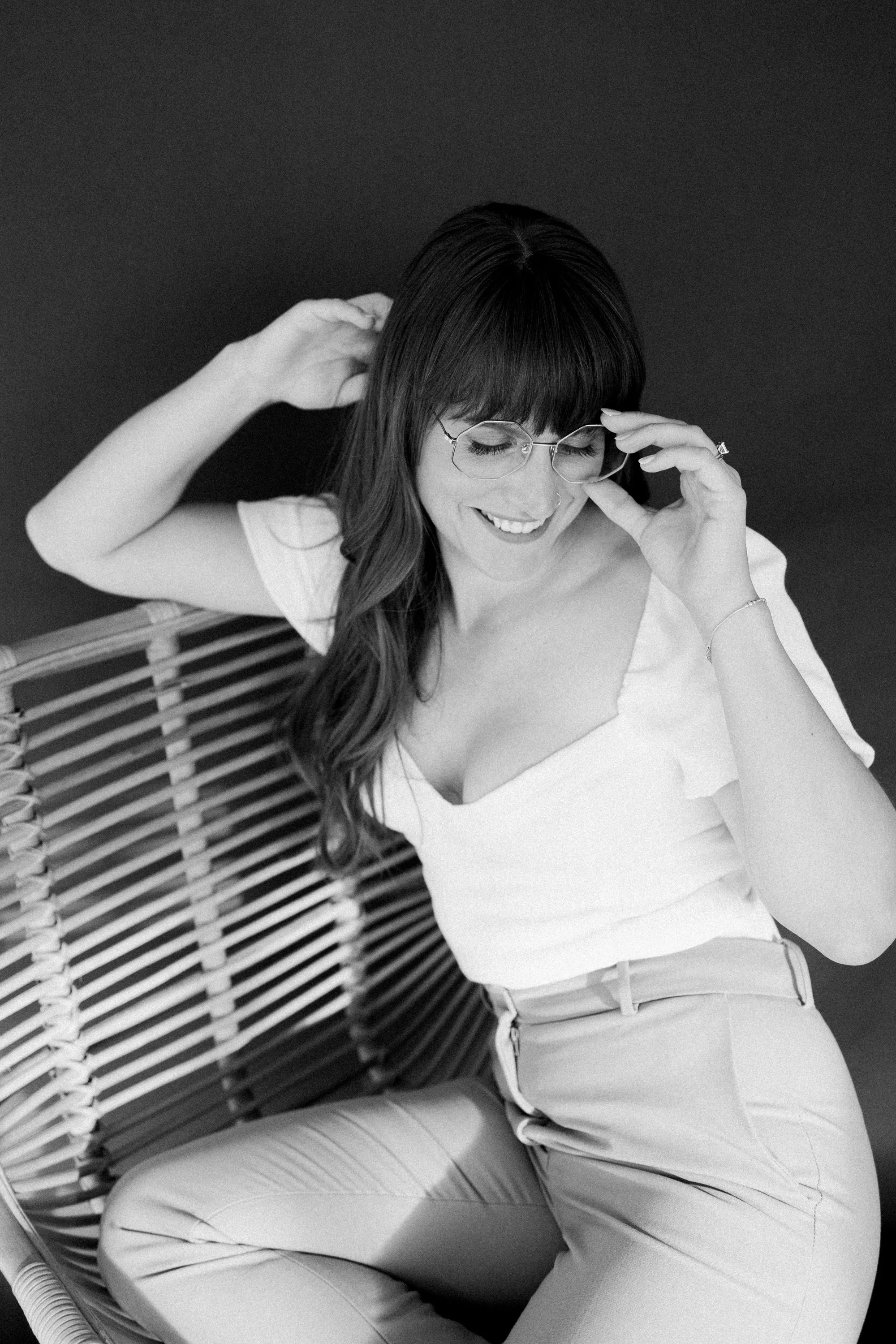JUSTINE MILTON
timeless photography that’s just slightly more magical than real life
Justine Milton
timeless.AUTHENTIC.ICONIC
sophisticated photography to preserve your legacy
WEDDING GALLERIES
Meet Justine
I believe each image I take should stand alone as a piece of art, and combined they should tell a story. My natural directions, combined with my bad jokes and general chattiness, will have you feeling comfortable and confident right from the start. I am a stylist and photographer rolled into one (and a few other things, like a seamstress, meteorologist, or ring bearer charmer). I will adjust your hair, veil, and dress; I will make sure suits are looking proper; I will tie the bowties, and so much more. I will be your hype girl when you need a boost of confidence, a calm and reassuring presence when you’re nervous, and your comic relief in tense moments.
LUXURY WEDDING PHOTOGRAPHER
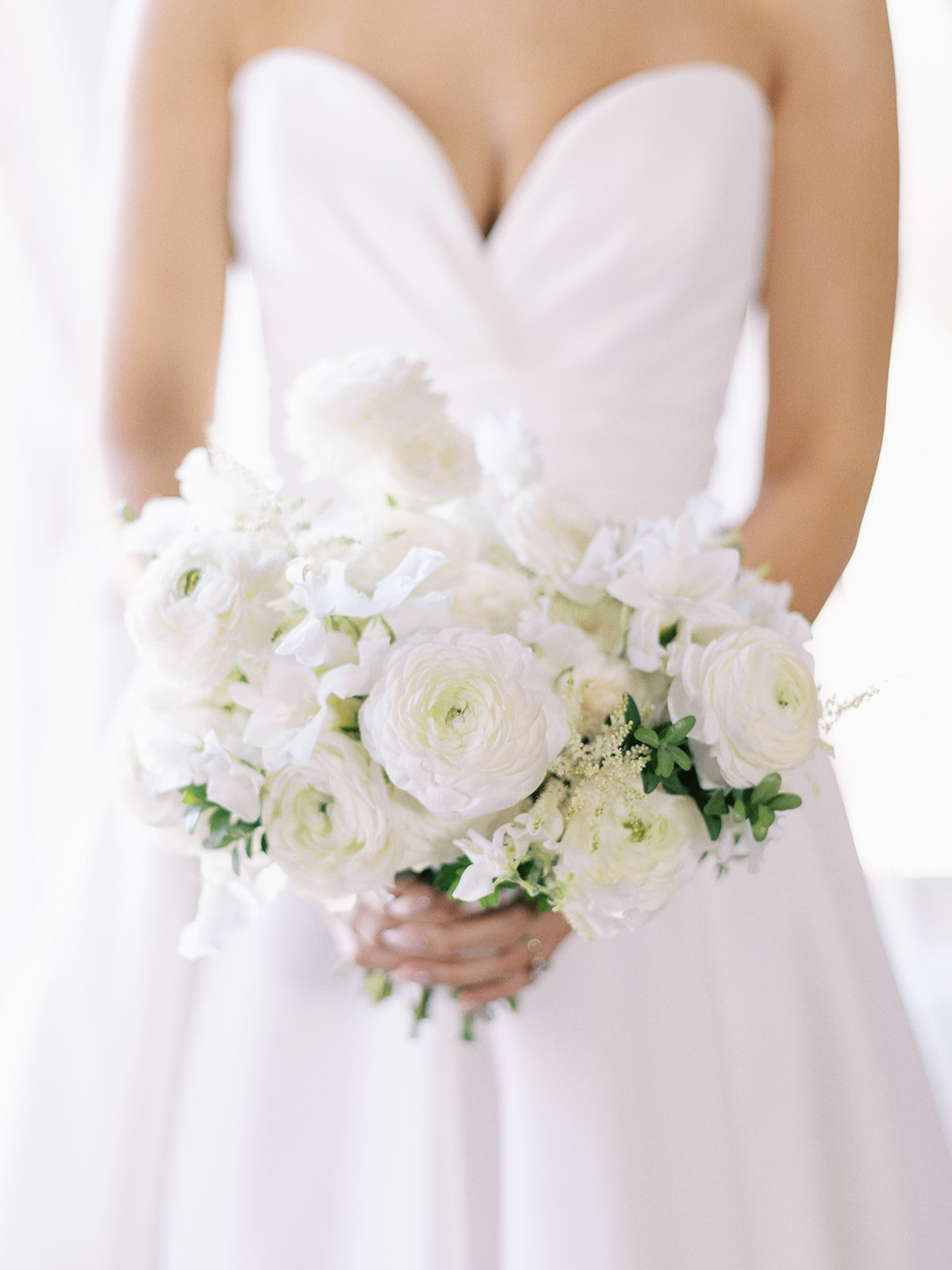
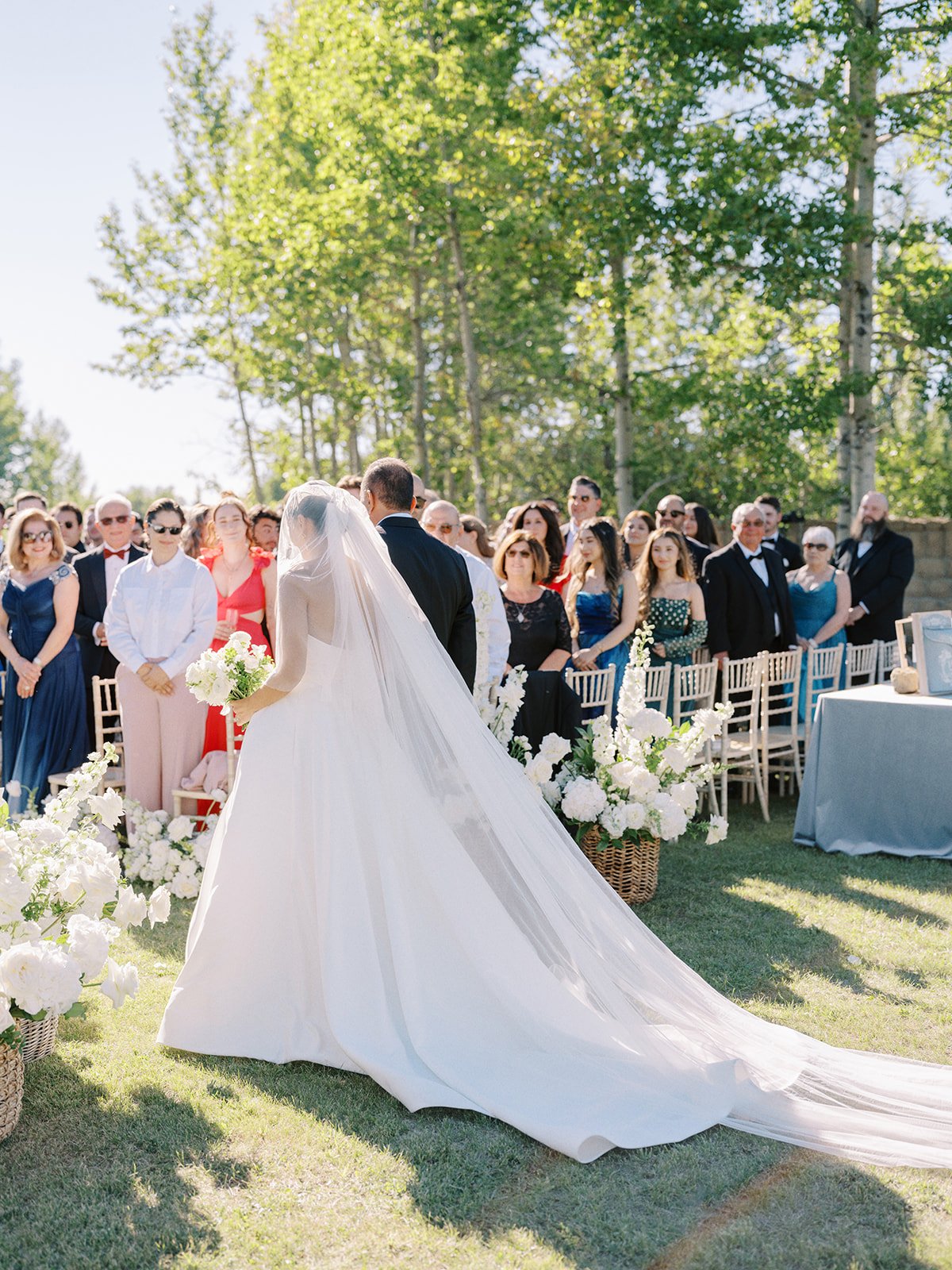
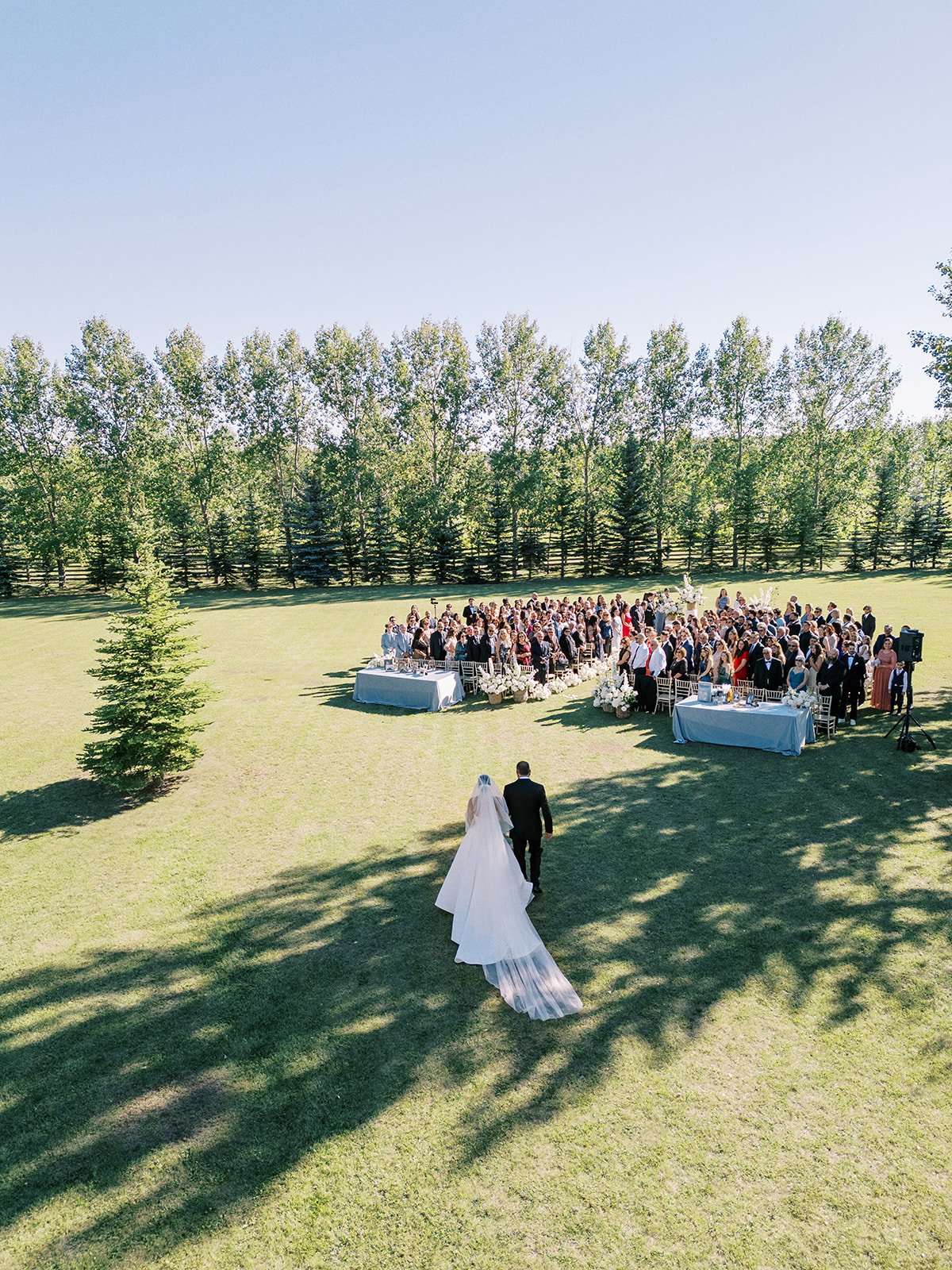
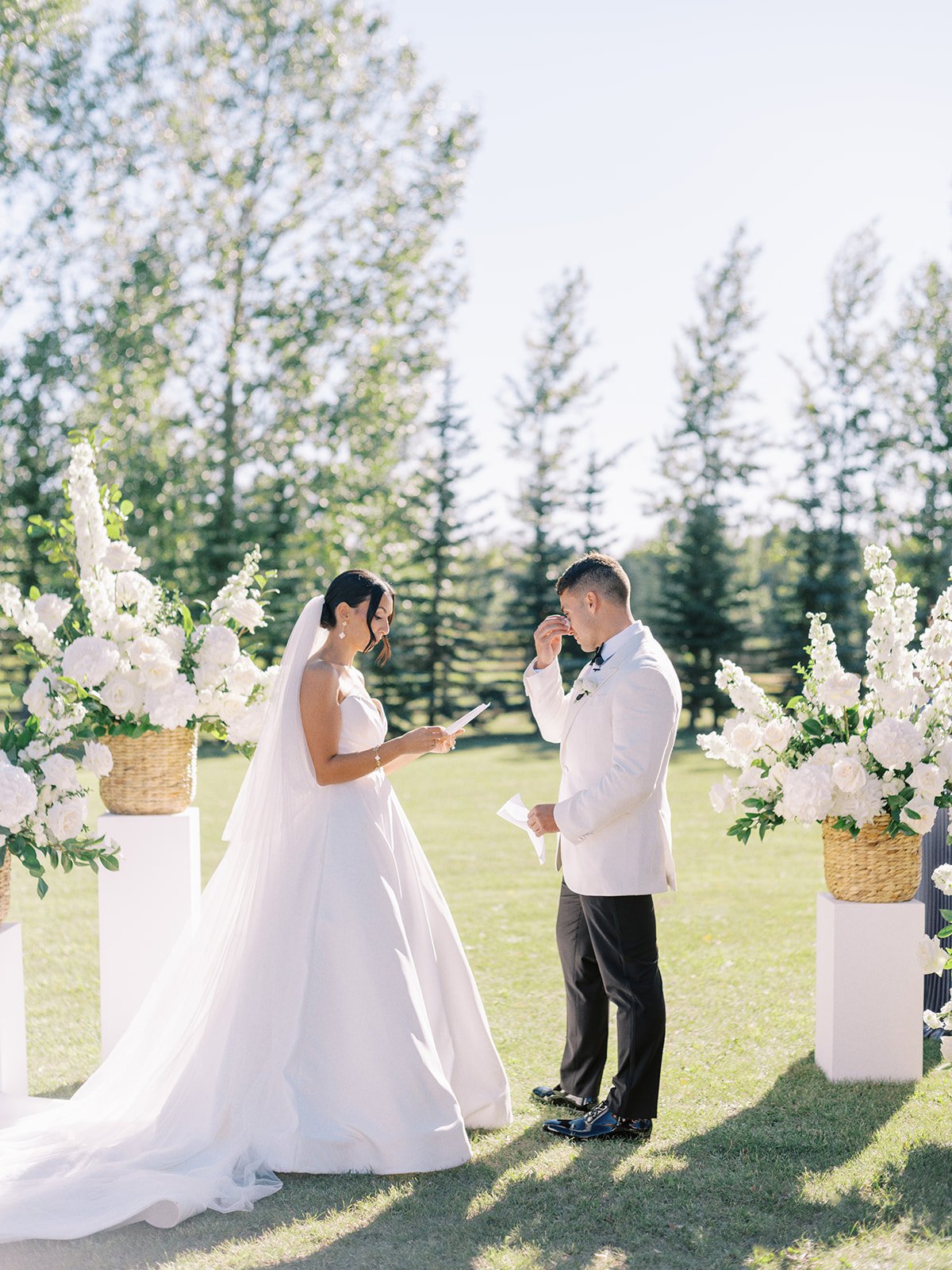
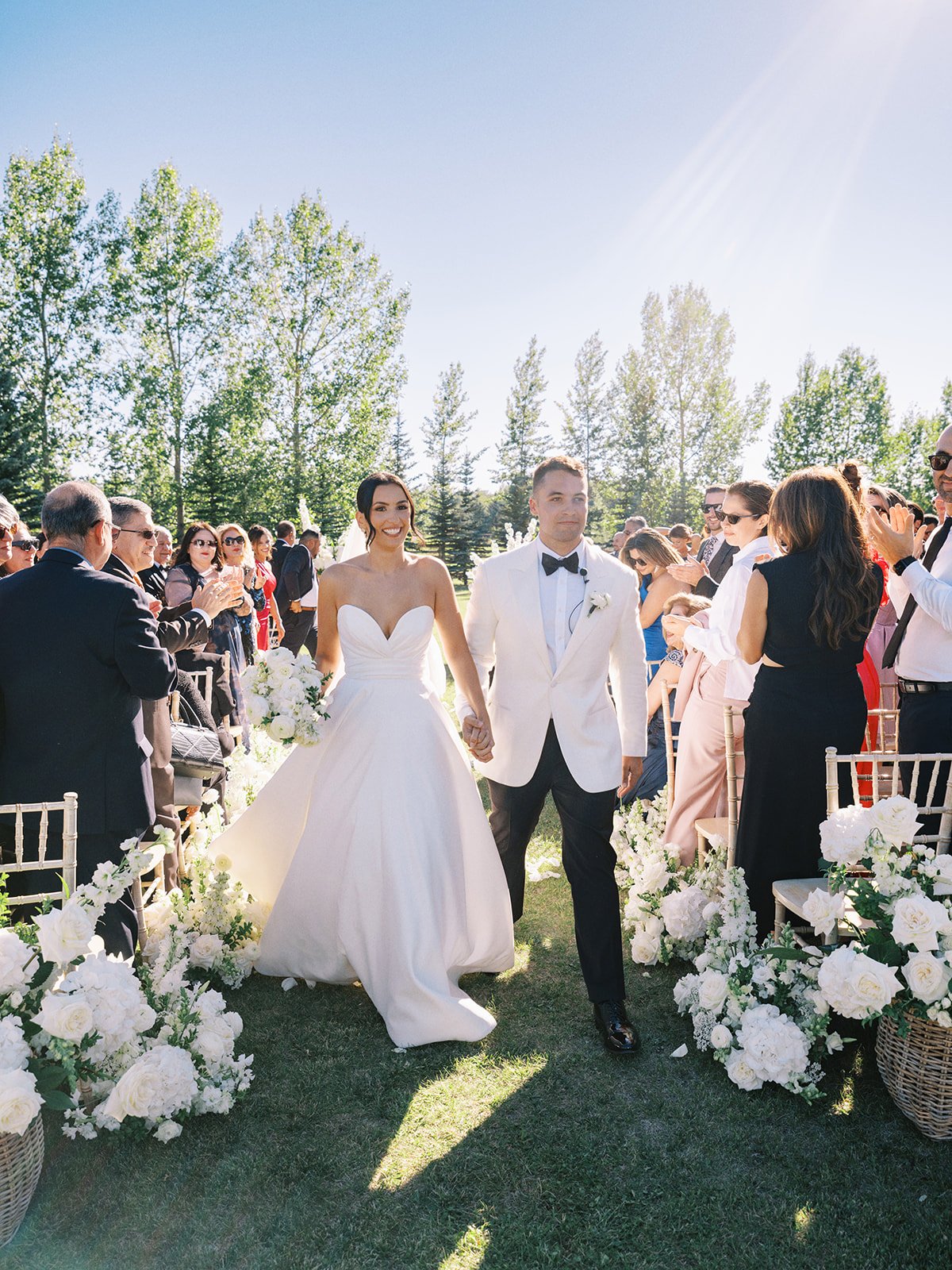
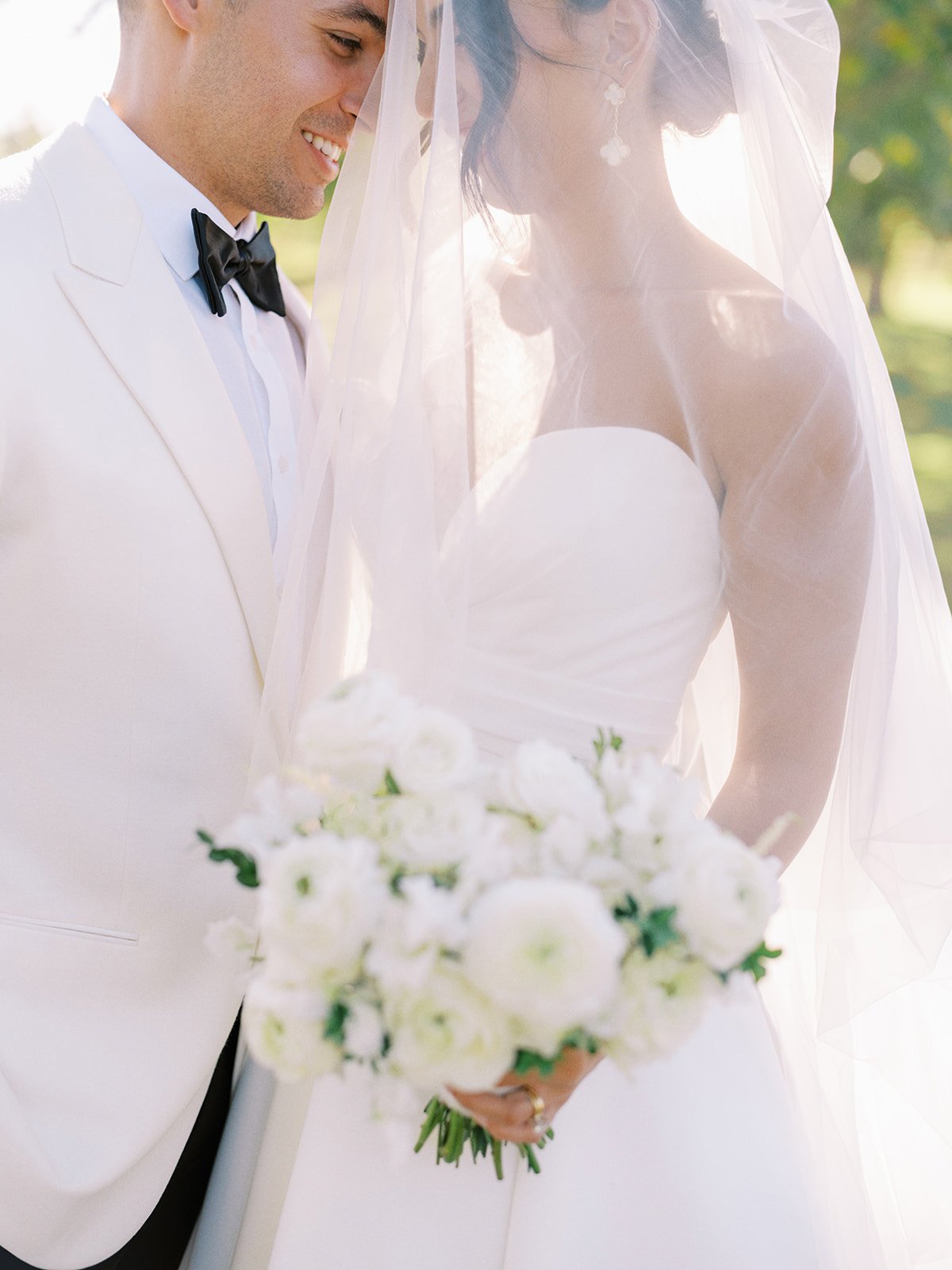
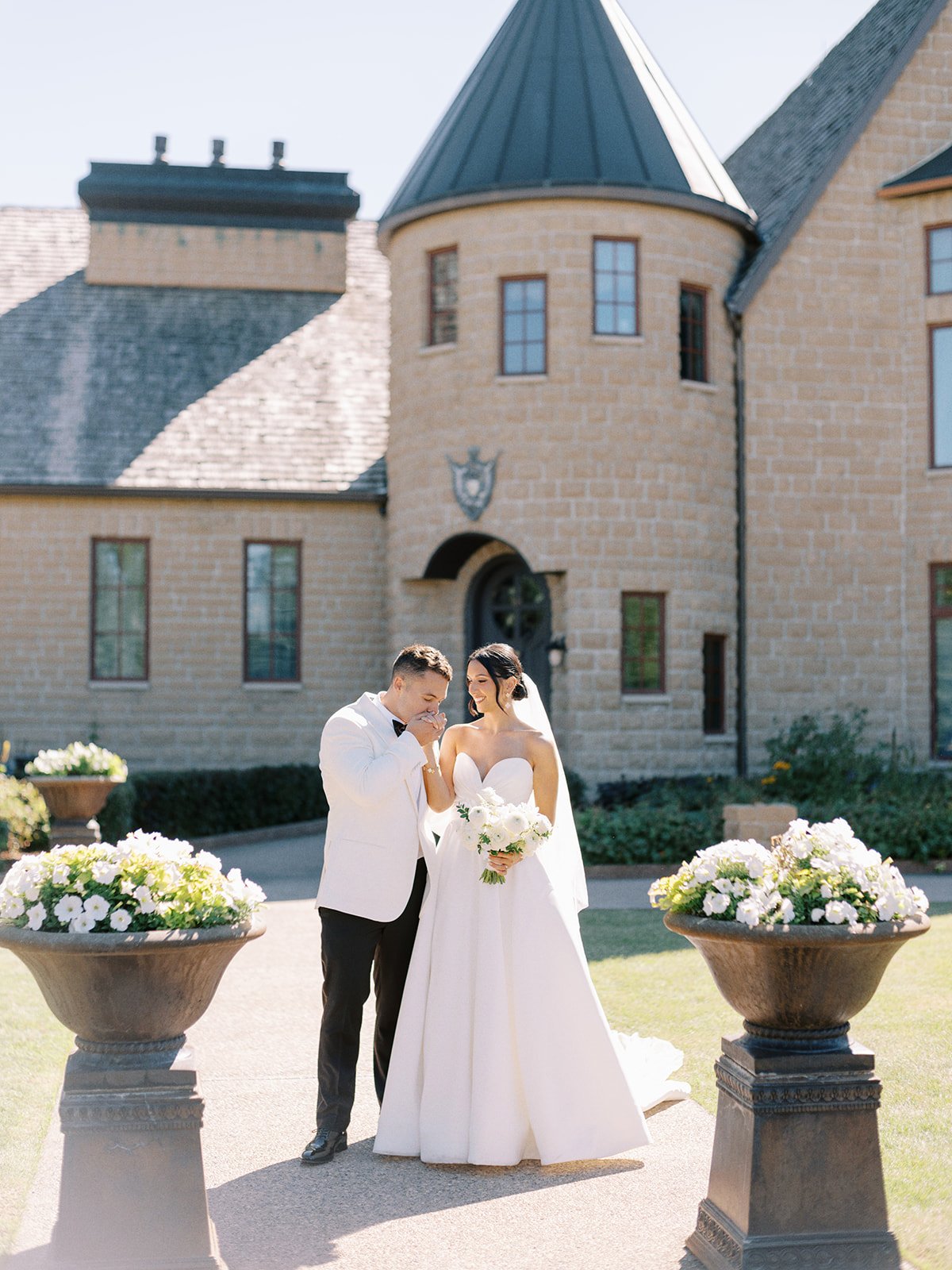
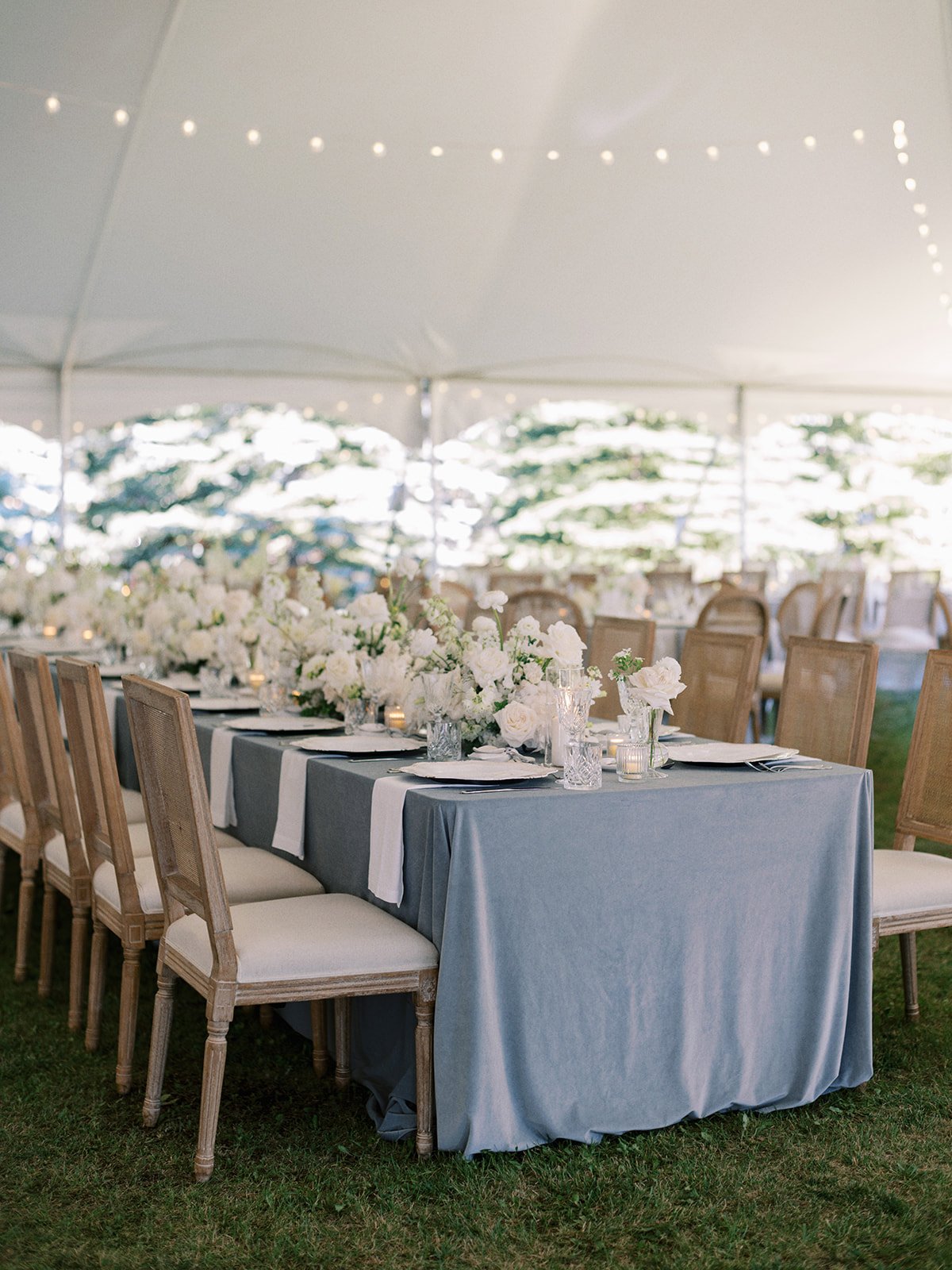
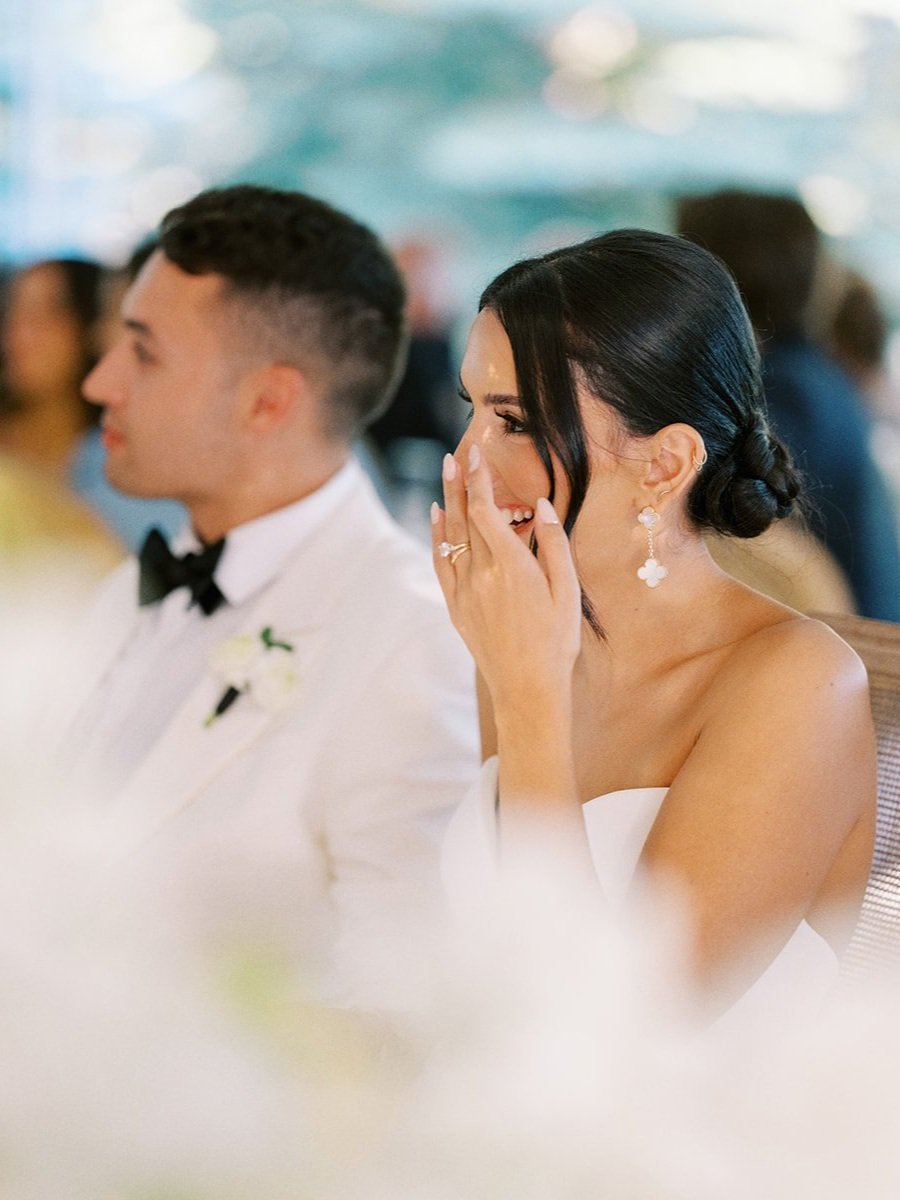
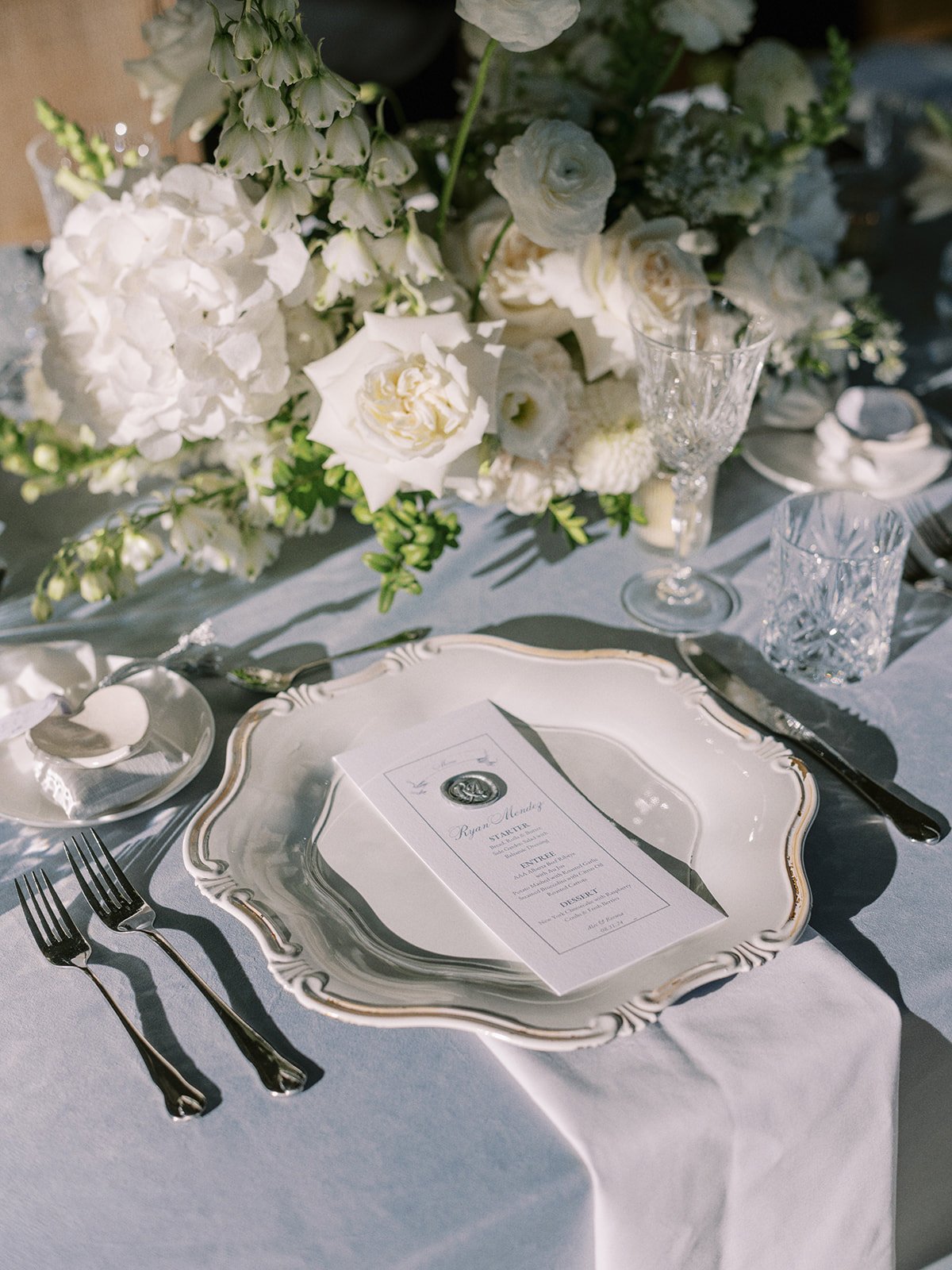
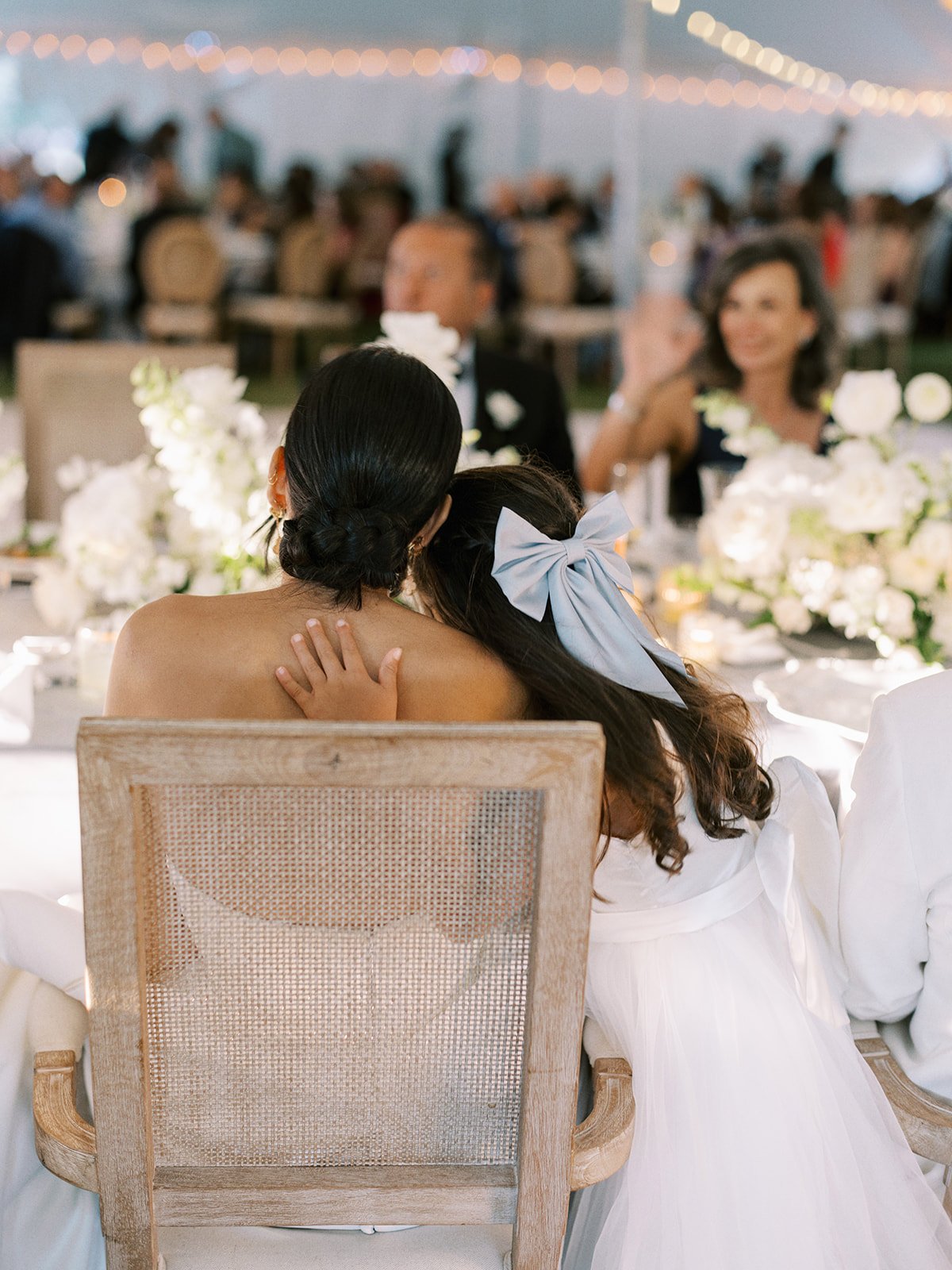

Let’s work together.
Interested in working together? Fill out some info and we will be in touch shortly! We can't wait to hear from you!



